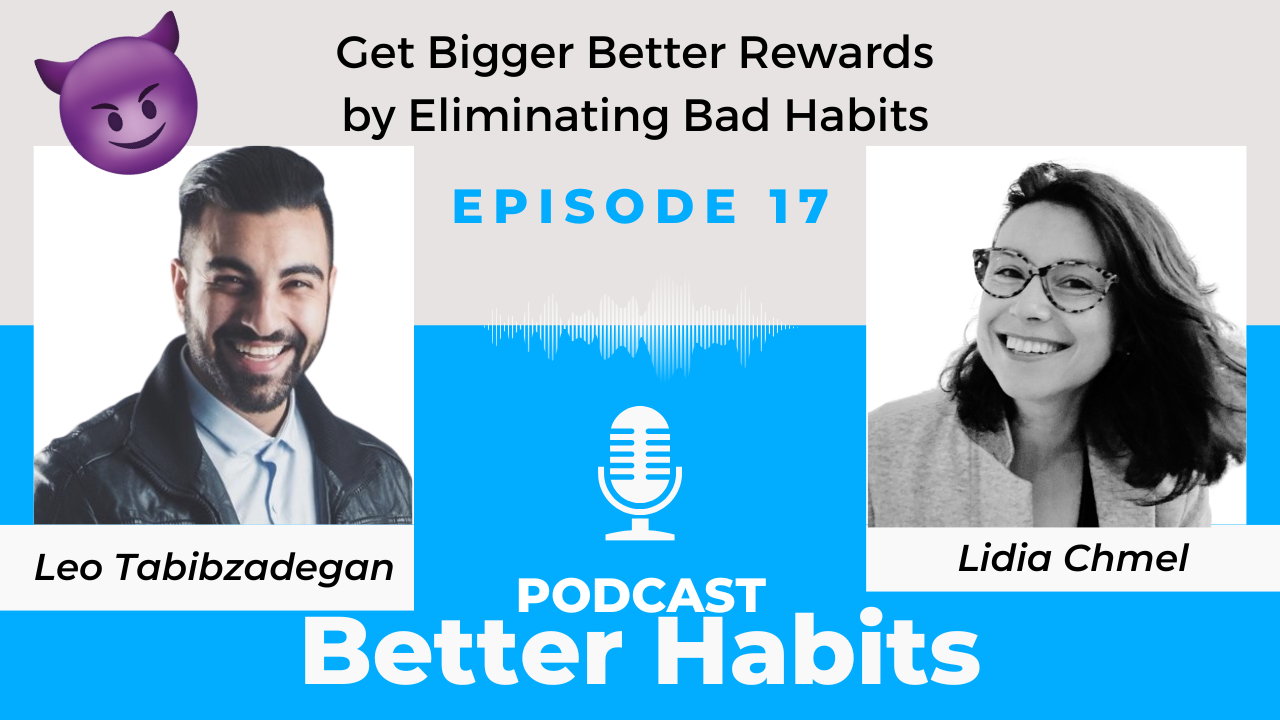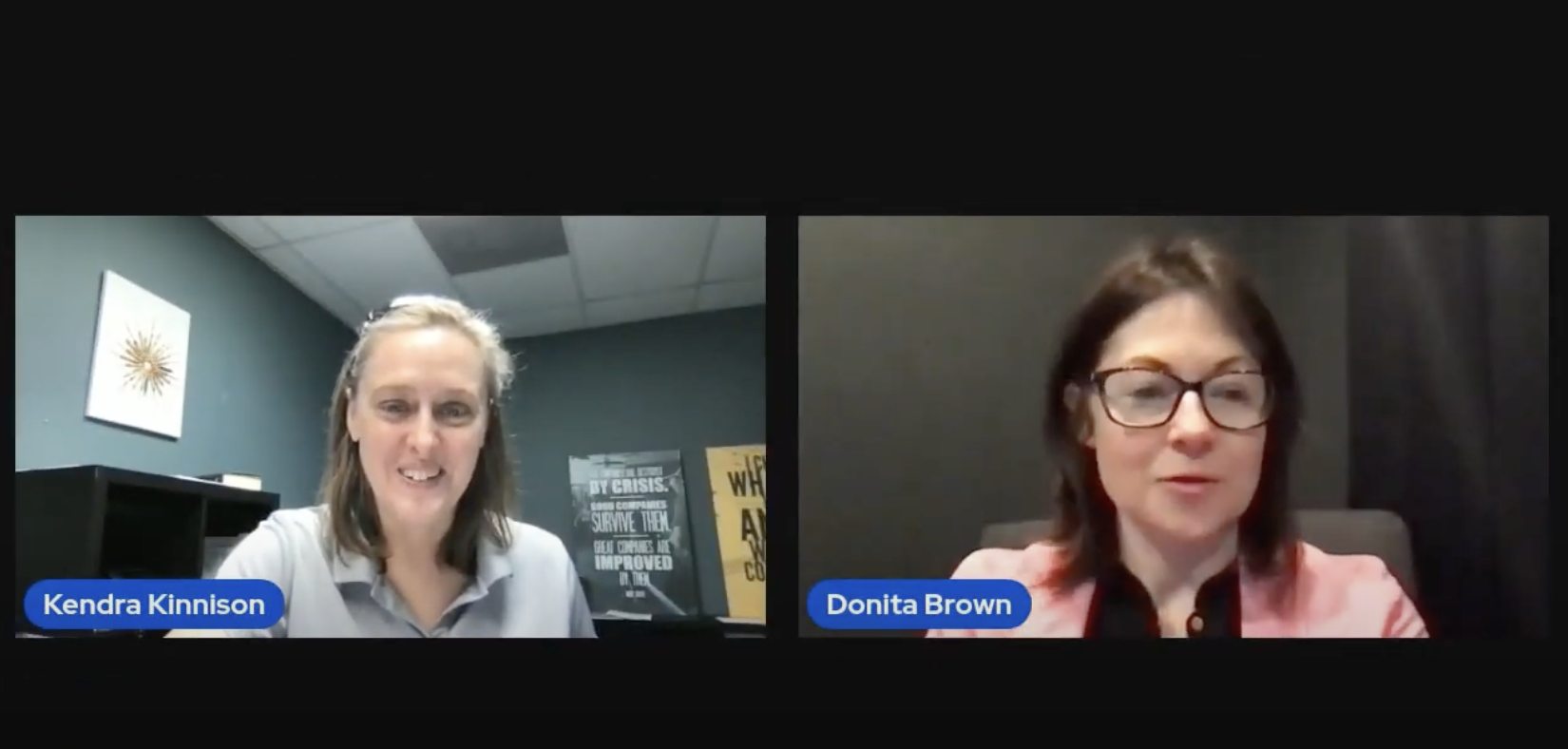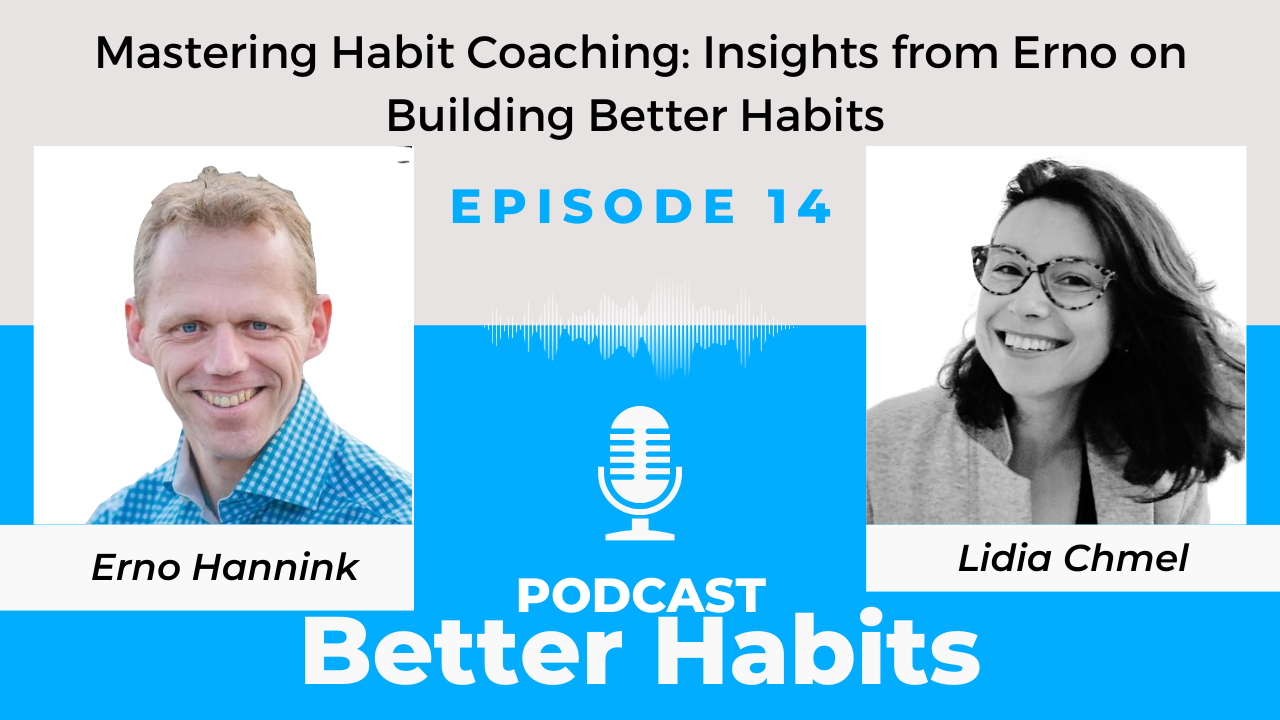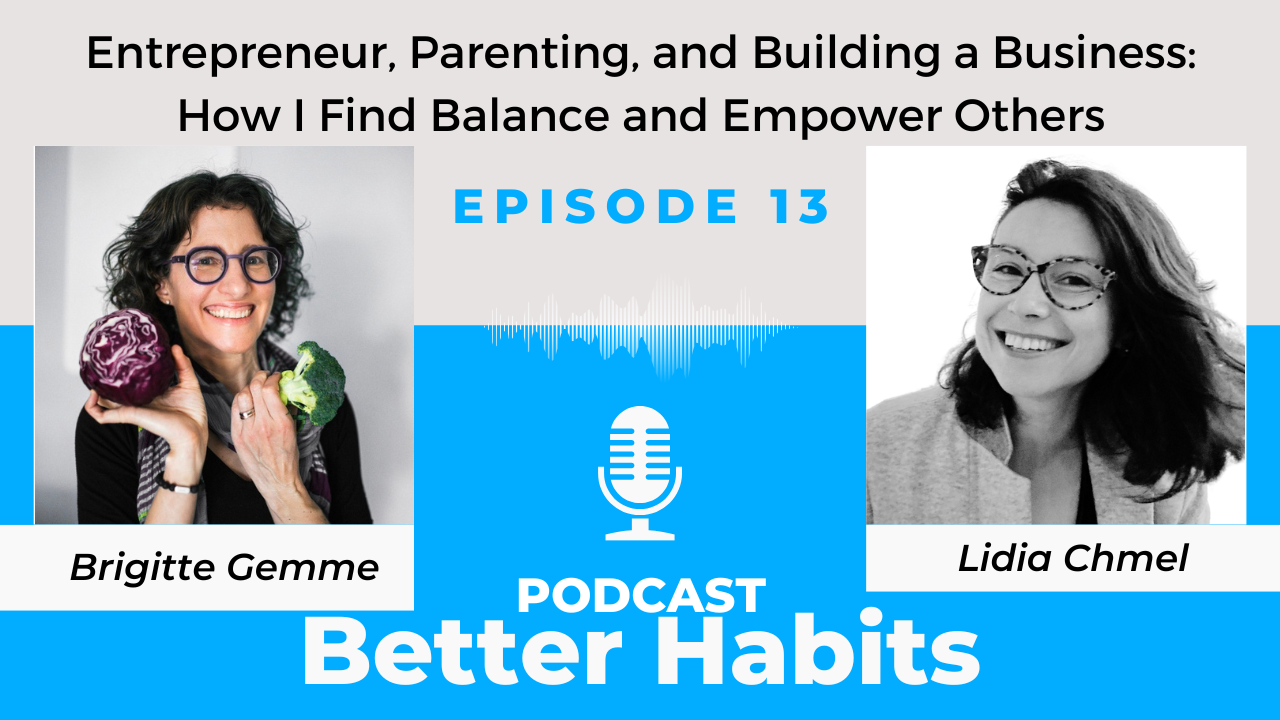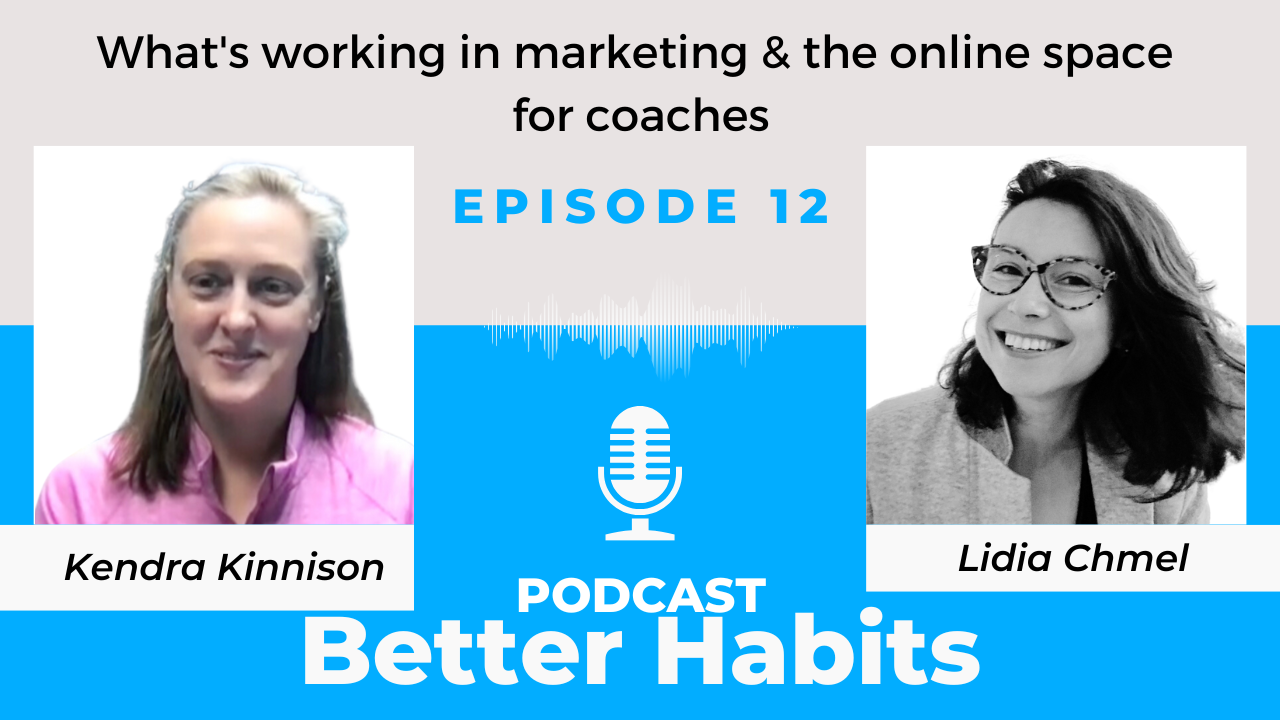As we watch the NBA finals, there's just one question on our minds.
Which players have a regular meditation practice?
No, really. We know that many of them do. Meditation and mindfulness teacher George Mumford has worked with championship players like Michael Jordan. LeBron James was famously caught meditating during the 2012 finals. And Phil Jackson made it a point to teach his teams meditation.
Meditation is the secret weapon used by athletes around the world to hone their performance and improve their ability to deal with stress—on and off the field. Scientists uncover new insights about how meditation helps us in unexpected ways. Harvard researchers recently discovered that people with a regular meditation habit literally have more gray matter in their frontal cortex.
Better physical performance. Better memory and decision-making. Better resilience to stress.
It's a three-point shot that you can consistently make—with practice and the right coaching.
Coach Giovanni Dienstmann has been helping others learn how to meditate, and he can help you, too. Giovanni specializes in helping people find the type of meditation that works best for them, and gently motivates them to make it a daily part of their lives. On the Rubin Tendency index, he's an upholder, which makes him adept at using his personal experience to help others. Clients have been raving about his coaching techniques. Here's Giovanni on his approach to coaching:
I start by asking you some basic questions about your goals, any previous experience in meditation, and biggest challenges, among some other things. This gives me a good idea where to start with you, and which approach to take. It is part of my new client welcome survey.
Based on your answers, I suggest a couple of practices for you to try. I have done research and experimented with dozens of meditations along the past years, so I feel comfortable in helping you find a technique that matches your needs. Generally speaking, however, the suggestion is for mindfulness, mantra meditation, Vipassana or loving-kindness.
Guided meditation can be used as a start, for those that find it too hard to do unguided. Also, if you have a lot of difficulty in focusing, or your mind is too restless, there are yoga breathing exercises that you can do that will help calm the mind.
Your motivation for practice, in the beginning, may be very fragile. I’ll be supporting you to protect it, and allow it to take roots. We will review possible obstacles for your success (both internal and external), and which strategies and mindset changes you can implement to make sure they will not prevent you from meditating. Of course, accountability itself is one of these strategies.
Once meditation is established in your life, the goal is to increase the length of time, or the depth of your experience in meditation.
You may have some doubts about practice, or wish to experiment with new techniques and approaches. Or maybe you need support to integrate meditation more widely in your daily life – perhaps to go through a specific challenge you are facing.
Here, the main obstacles are the feeling of inertia towards changing some years-long mental habits, and being busy with lower priority things in life, which often is a mechanism for escape or self-sabotage. This is where I most thrive as a coach, due to my experience of 15 years of meditation and study of spirituality and personal growth.
Here are the steps you should take right now to develop a healthy meditation practice:
1. Hire Coach Giovanni to help you start or develop your meditation habit. Use the promo code GOWARRIORS to get your first week free! We're featuring Giovanni because of his experience and because clients have been so happy with the results they get in meditation coaching with him.
2. Coach Giovanni will assess your meditation level and needs. Then, he'll make specific recommendations to help you get started or, if you're an experienced meditator, help you become consistent.
3. Check into your meditation habit every day on your Coach.me dashboard. Giovanni will help you through any difficulties or questions that come up as your practice develops.

